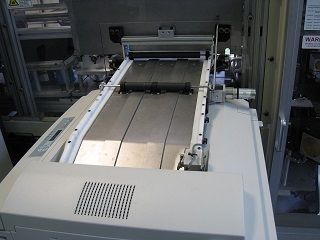From Guest Blogger Deepi: Biomass Briquette Press Used For Satisfying Emerging Energy Needs
Biomass is a significant source of energy in the world, particularly in rural areas. However, most current use of firewood and fossil fuels for heating and cooking brings with it harmful effects of indoor air pollution and associated adverse health impacts. So to replace the adverse emissions of wood and fossil fuels, biomass briquette press is manufactured by Indian researchers. Word’s emerging energy needs can be fulfill by this Eco friendly project. (more…)









